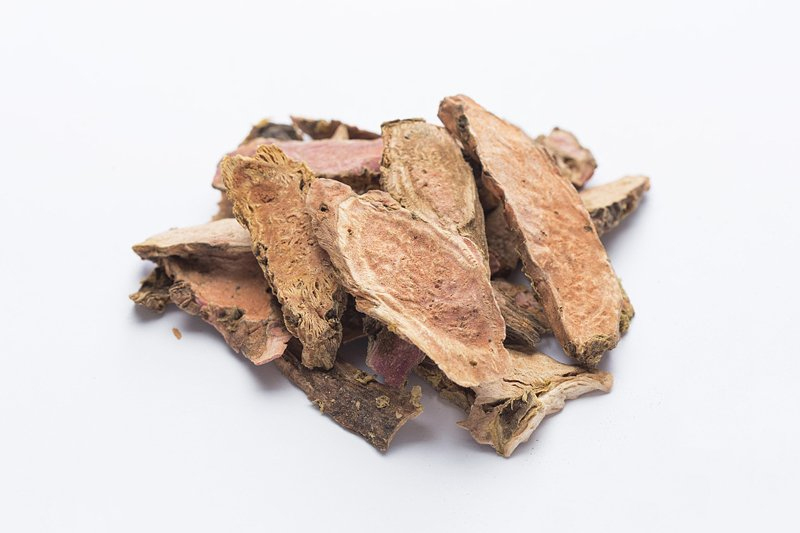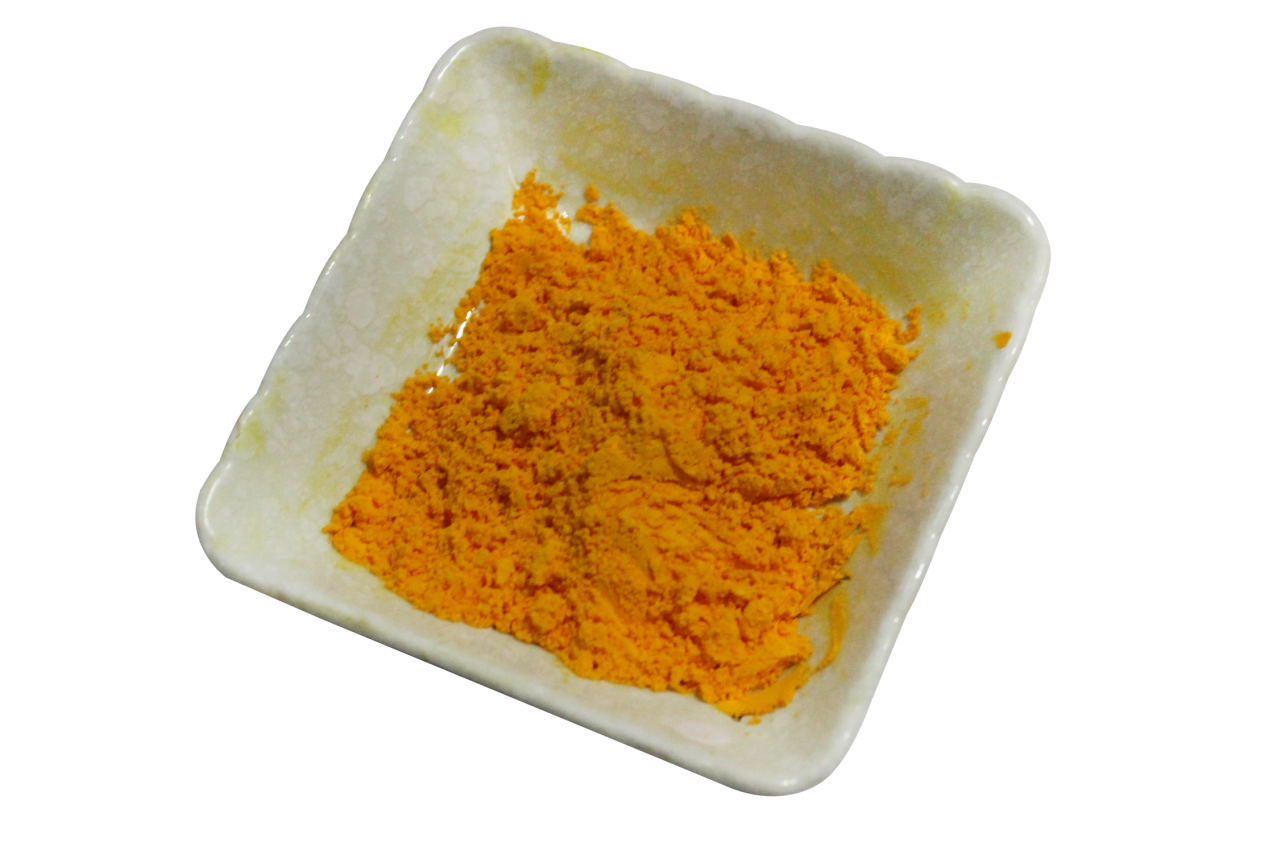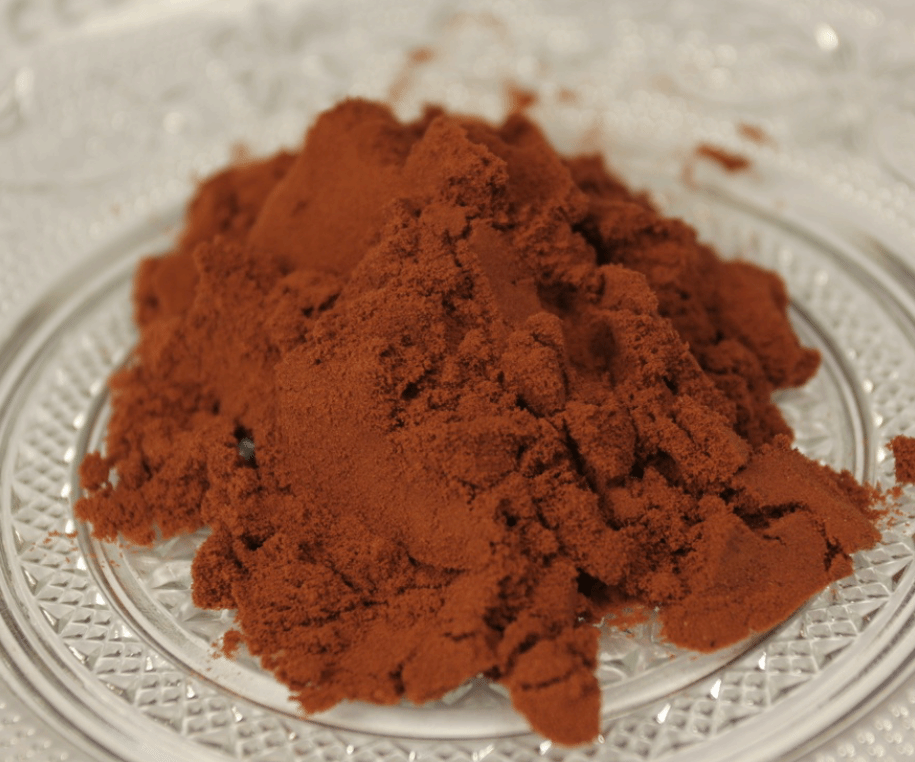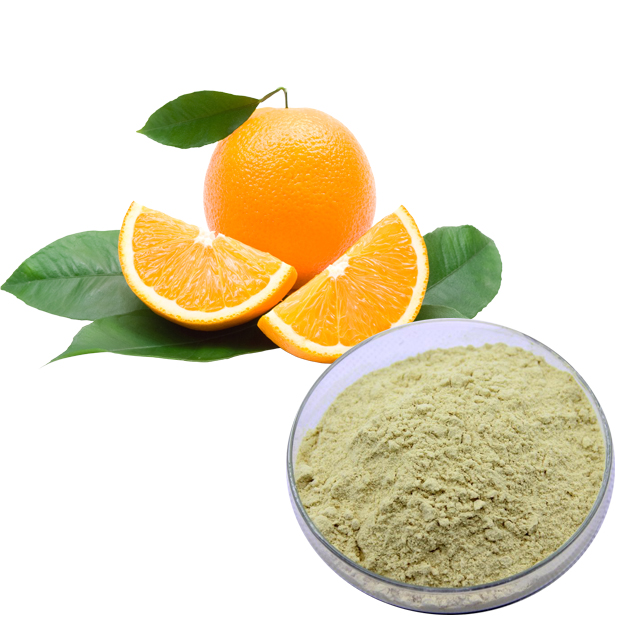Re evaluation of physiological effects of Rhodiola can significantly delay fatigue syndrome
Fatigue syndrome, also known as chronic fatigue syndrome, is sometimes referred to as myalgic encephalomyelitis (ME) or chronic fatigue immune dysfunction syndrome (CFIDS), while others jokingly refer to chronic fatigue syndrome as yuppi disease or yuppi flu. This concept was officially named in 1987. In fact, fatigue syndrome is more of a subjective state with no clear definition or definite diagnostic criteria.
A survey by the World Health Organization shows that only 5% of people are truly healthy, 20% are sick, and 75% are in a sub healthy state. These sub healthy individuals are likely to be patients with fatigue syndrome.

There are many symptoms of fatigue syndrome, usually manifested as low mood and decreased physical satisfaction due to long-term stress. In addition, it may also include fatigue, lack of concentration, or decreased sexual function, and in severe cases, it may lead to depression and anxiety. Adapting to original herbs has been used for a long time to release stress, stabilize emotions, and improve physical fitness. Among them, Rhodiola is a type of herbaceous plant that adapts to the original environment and is traditionally used to alleviate symptoms caused by fatigue and stress.
Clinical trials have also proven that Rhodiola has significant effects in stabilizing the emotions of patients with moderate depression, improving the physical and mental performance of high-pressure individuals, and reducing mental fatigue. Researchers once again evaluated the physiological efficacy of Rhodiola in an exploratory clinical trial.
In this non blind and uncontrolled trial, researchers at the Vienna Medical Center recruited 118 patients. Before the trial begins, these patients are required to fill out questionnaires related to emotional and physical fatigue symptoms. Only patients who meet predefined criteria are eligible to participate in this study. Researchers evaluated the physical condition of participants through 10 questionnaires, including the Maslach Fatigue Inventory (MBI), Exhaustion Screening Scale I, Perceived Stress Questionnaire (PSQ), and Numerical Simulation Scale for Stress Symptoms (NAS).
All participants received a 12 week supplement of 200 milligrams of Rhodiola twice a day. The research results showed that during the 12 week period, most of the subjects had changes in their physical indicators, especially during the first week when the changes were more significant. The evaluation found that all seven subjective stress symptoms of the subjects were significantly improved, with significant improvements being fatigue, lack of concentration, and physical fatigue symptoms, as well as perceived stress (PSQ score) and symptoms of lack of happiness, tension, and fatigue.
Researchers believe that Rhodiola has a significant improvement in the subjective feelings, physical, cognitive, and emotional complaints of participants regarding their profession, personal, family, and friends, and there are very few adverse events, with an incidence rate of only 0.015 per observation day. Overall, this exploratory experiment provides preliminary data to demonstrate the significant effects of Rhodiola on mood and physical exhaustion, and its potential for clinical application is promising.
With the accelerating pace of contemporary life, people are becoming increasingly busy, and fatigue syndrome is becoming more and more common. In addition to taking some necessary supplements, it is also necessary to pay attention to one's own lifestyle and dietary habits. For example, ensuring sufficient sleep every day (7 hours or more); But don't be too comfortable. There have been incidents of retired people staying at home all day watching TV and playing mahjong, leading to fatigue syndrome. Appropriate outdoor activities and physical exercise.
Scientific diet and reasonable combination of nutrients are also important. It is also meaningful to protect against fatigue syndrome by eating a variety of foods, such as nuts, beans, coarse and fine grains, fresh fruits and vegetables, milk and soybean milk, and foods with high fat, sugar, salt and calories. We also need to improve our psychological quality, timely regulate our mentality, and resolve stress. If the psychological pressure is too high for a long time, you can consider seeking the help of a psychologist.











